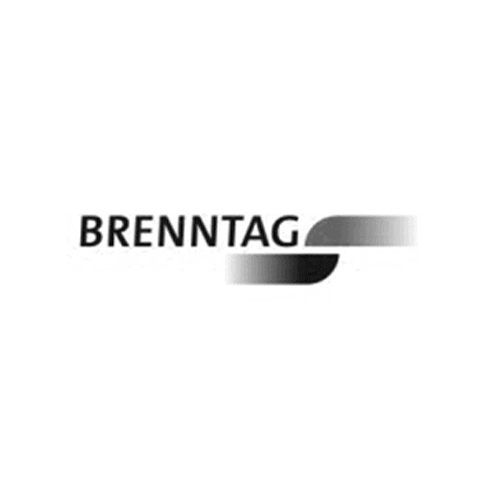You can work with us in two different ways:
a) CBAM Learning
The CBAM Learning service is intended for importers who wish to manage the CBAM process internally but whose employees currently lack sufficient knowledge to handle it independently.
Within this service, we train your employees to the level where they can confidently manage CBAM compliance on their own.
We design a custom in-house training tailored to your company’s specific needs and data.
The 3-hour training program includes three modules:
-
Module 1: Introduction to CBAM
-
Module 2: Preparation of CBAM reports (practical work instructions)
-
Module 3: Procedures for obtaining the status of an authorized CBAM declarant
The training can be conducted on-site at your premises or online via Zoom.
b) CBAM Outsourcing
The CBAM Outsourcing service is intended for importers who prefer to have an external expert manage their CBAM obligations.
This service includes:
-
CBAM registration procedure and authorization management
-
Monthly collection of emission data
-
Monthly monitoring of imported CBAM goods and ensuring the appropriate number of CBAM certificates
-
Obtaining verification from an accredited CBAM verifier
-
Preparation and submission of quarterly CBAM reports or the annual declaration
-
Annual submission of CBAM certificates to the European Commission and reimbursement of any surplus certificates
-
Communication with and handling of requests from the financial administration
Need more information?

























